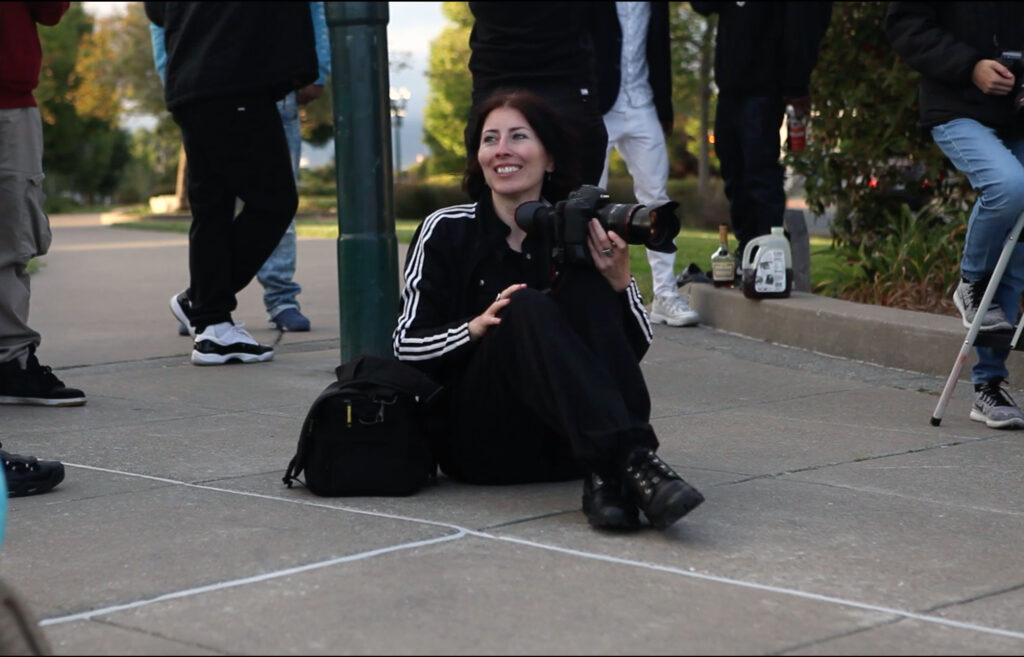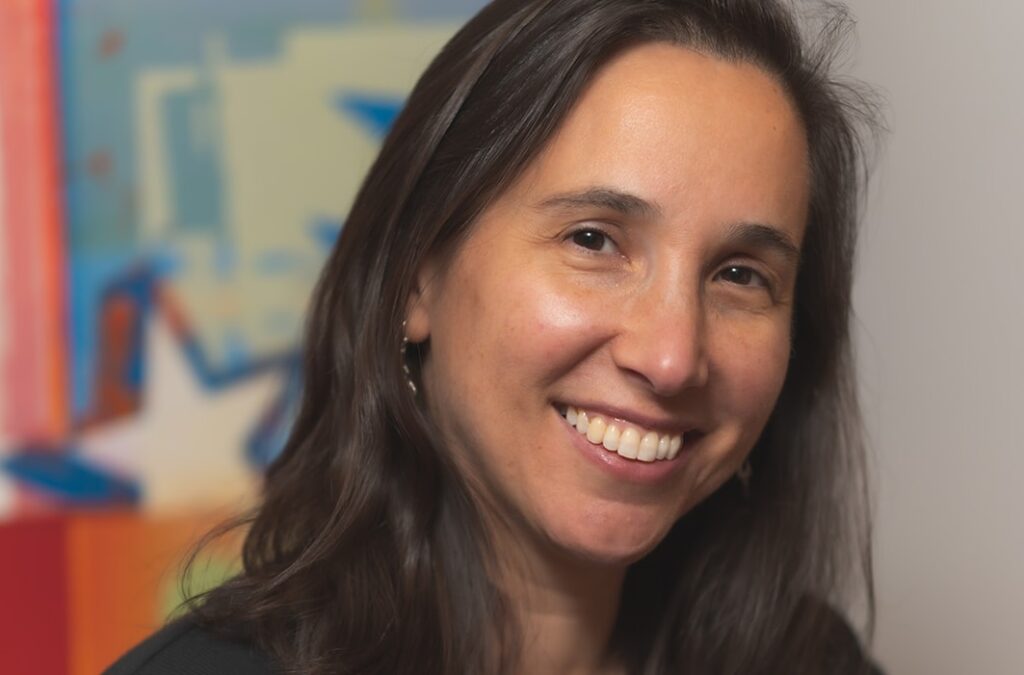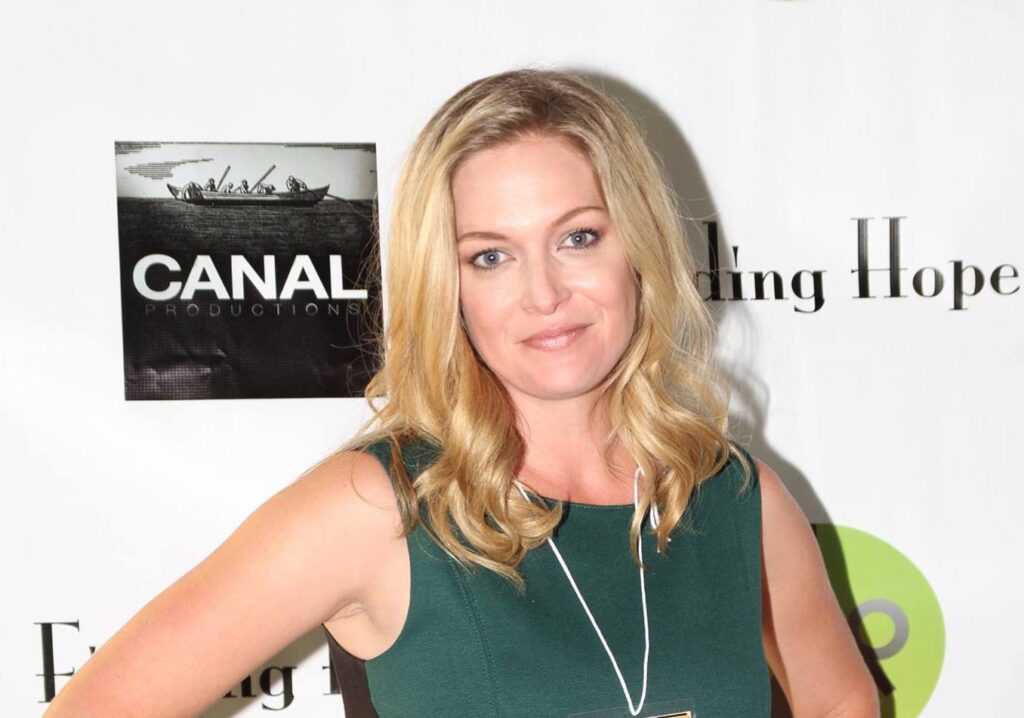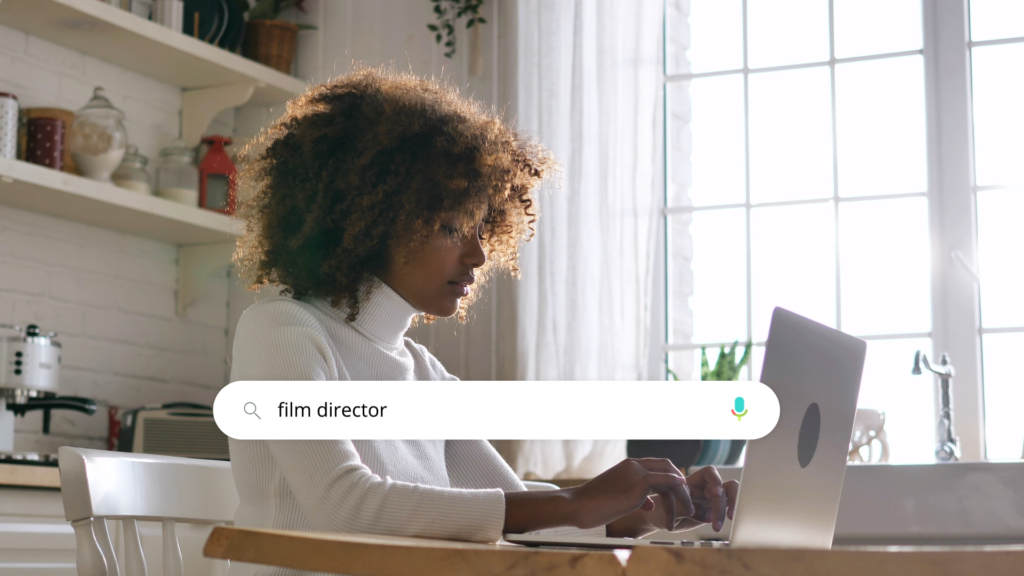By Mimi Chakarova
I was 21 when I first met her. I was carrying a large portfolio case, sweating all the way from the train station to her gallery. I can’t tell you what she wore that day. All I remember is what she said as she quickly paged through my black and white photographs: “They are out of focus. You need a better camera.” I told her about my little tank of a camera that I bought second-hand. I was a broke student in grad school — a new camera was not an option. A few days after our meeting, her assistant called me. She asked for my address. Her boss had bought me a Leica.
You probably think you can guess the rest of the story — that I got better and that the intricate handmade camera opened doors that would have otherwise remained closed. The truth is, I hated that little camera. It ate up many rolls of film. I couldn’t load it right. I couldn’t focus fast enough. It was finicky, persistently reminding me of my limitations. I wanted to return the gift. Or sell it for groceries that would have kept me fed for a year. I wanted to tell the gallery owner she took a chance on the wrong person. I wasn’t good enough for a camera of this caliber. But I was too proud to admit my failure. I kept taking bad pictures until one day, several years later, I figured it out. I got better.
I am looking at my tormentor right now. It sits on a stack of books by my desk. You might think that this one act of kindness changed the trajectory of my life. But one act isn’t enough: it’s the collection of generous acts that make a difference. I met another woman when I was in my early 20s who taught me how to ask the right questions. A keen eye, street smarts, and a curious mind – you need all three to be a good storyteller.
But what’s the use of being good at something if you can’t pave the way for others? Throughout my career, it’s the women I met and worked with who showed me the real value of helping one another. Women see the world in a different way because our experiences are uniquely different.
So why aren’t there more of us making non-fiction films that get wide exposure? How can we sit and talk about change if we’re not willing to do something to make change happen directly? After working on documentary projects for more than two decades, it’s my turn to support and mentor other women filmmakers.
I taught visual storytelling at UC Berkeley’s Graduate School of Journalism for 14 years. It’s there that the idea of mentoring others was born and put to practice. I asked my graduate students to pitch projects and in the course of a year or more, I got to breathe and live through the challenges of their work.
When I left teaching and founded my own production company, I hired former students to join the team. I wanted to see more women behind the camera and in the field. I also wanted to find a way to support and encourage their independent projects. It’s grueling to raise money for films, but that’s not the biggest hurdle. We are often alone with our footage, drowning in self-doubt. Independent filmmakers are rarely in a position to receive steady feedback or a sense that anyone cares about the work. It’s an insular and hard experience.
This is why we set up the Still I Rise fellowship program for women filmmakers. We provide financial support, but we also get behind each project. We offer our fellow filmmakers one-on-one mentorship throughout the making of their short non-fiction films. Because we get it. We understand the importance of moral support and consistent feedback from women who’ve walked in their shoes.
Those who took a chance on me when I was starting out inspired me to create Still I Rise, a documentary film series and distribution platform that supports women filmmakers who tell underreported stories in a more intimate and encompassing way. We encourage filmmakers to take visual risks they might not normally take – to push themselves and to think outside the box.
I share the task of reviewing applications with a filmmaker who was a student of mine 10 years ago. She and I have been reaching out to some of our current applicants. We ask questions, offer feedback on the different stages of each project, and remind filmmakers that we deal with the same frustrations and doubts. Because in addition to running Still I Rise and this fellowship program, we also work on our own independent films.
Just this morning a filmmaker told us, “I can’t believe you watched my film and want to talk about it! It’s so refreshing.” I didn’t tell her about my own journey and the women who paved the way for me. I have this little finicky camera right here to remind me.
Mimi Chakarova is an Emmy-nominated Bulgarian-American photographer and filmmaker. She is the Founder and Creative Director of Still I Rise. She received her BFA in Photography from the San Francisco Art Institute and her MA in Visual Studies from the University of California, Berkeley. Chakarova has covered global issues examining conflict, corruption, and the sex trade. Her work has appeared in National Geographic, The New York Times Sunday Magazine, The Sunday Times Magazine, London, CBS News’ “60 Minutes,” CNN World, BBC World, Al Jazeera English, The Atlantic Monthly, Ms., PBS’ FRONTLINE/World, and the Center for Investigative Reporting, among others. Chakarova taught visual storytelling at UC Berkeley’s Graduate School of Journalism for 14 years. She also taught reporting classes at Stanford University’s African and African American Studies and Comparative Studies for Race and Ethnicity and has lectured extensively in universities throughout the world.







